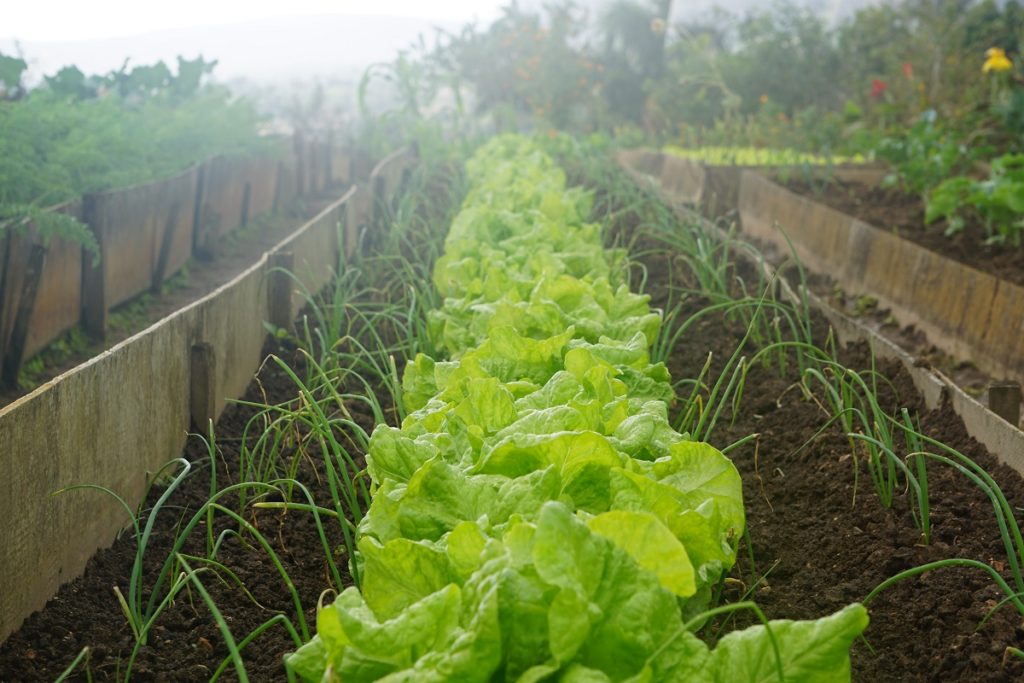This COVID-19 pandemic has put things in perspective for us. One, we now know that our health matters more than anything else in the world—more than money, success, and fame. Two, we have realized now that we should be better neighbors and that our actions can affect communities and nations. Three, we now understand why it’s important to have an emergency fund and insurance. And lastly, we now value the little things we can do at home. We don’t always have to go looking for activities we can do outside our homes. A simple gardening activity does us so much better than anything else can at this point.
If you are starting to learn about gardening, make sure that you have the right tools first. Buy cut-resistant gloves in Australia or other countries. That’s the first thing you should have because as a beginner, you’ll make a lot of mistakes that might injure your hand or finger. Making sure that you are safe at this time when people cannot easily call an ambulance or drive to the emergency room is paramount to starting your own garden.
But it’s not just simple flowers and shrubs that you should be focusing on. It is nicer if you can grow your own fruits, vegetables, and herbs in your garden, too. Why? Imagine picking your own vegetables for cooking in your backyard. You’ll be like Ina Garten, the Barefoot Contessa. You’ll have succulent heirloom tomatoes in your backyard, as well as fresh herbs such as mint, basil, rosemary, and many others.
Price
If you want to be truly practical with money, you should be growing herbs in your backyard or even in your kitchen’s windowsill. Herbs are easy to grow. They don’t need a lot of maintenance. Potted herbs last for around eight months, though some others such as rosemary can last for years. A pack of herbs in the grocery can cost between $3 and $6. Potted herbs cost roughly around $2.50 to $5. If you want to start with seeds—though this is harder—you need only $1 to $2.
Control
Have you tried going organic? The problem with trying to be safe with your food choices is that there’s no way for you to know that you’re truly consuming chemical-free food. Sure, the labels tell you that, but there’s a nagging voice in your head that says everyone can make mistakes. But here’s the thing: when you grow your own food, you are in control of what goes in there. You can refuse to use fertilizers and pest control.
You are also assured that you’re consuming food packed with vitamins, minerals, and antioxidants. Ingredients sourced straight from the farm or garden can retain their natural vitamins and minerals. Even if you buy organic, you won’t benefit the same way you will if you can grow your own vegetables, fruits, and herbs. Those you buy from grocery stores go a long and tedious process of harvesting, packing, and shipping. They lose most of their nutritional value.
Environment

On top of everything else, growing your own food at home will also help protect the environment. Transporting vegetables and fruits from state to state relies heavily on fossil fuels. Take this away, and you would help the world reduce its reliance on harming the environment. By refusing to use pesticides and fertilizers, you are also preventing these chemicals from getting into the rich soil of your backyard.
You don’t need a large backyard to start a vegetable garden. Potted plants and container gardens work well, too. Beginners should read as much as they can about what they want to grow. The best thing about gardening is not only how beneficial it is to one’s physical health. It also has mental and emotional benefits.
